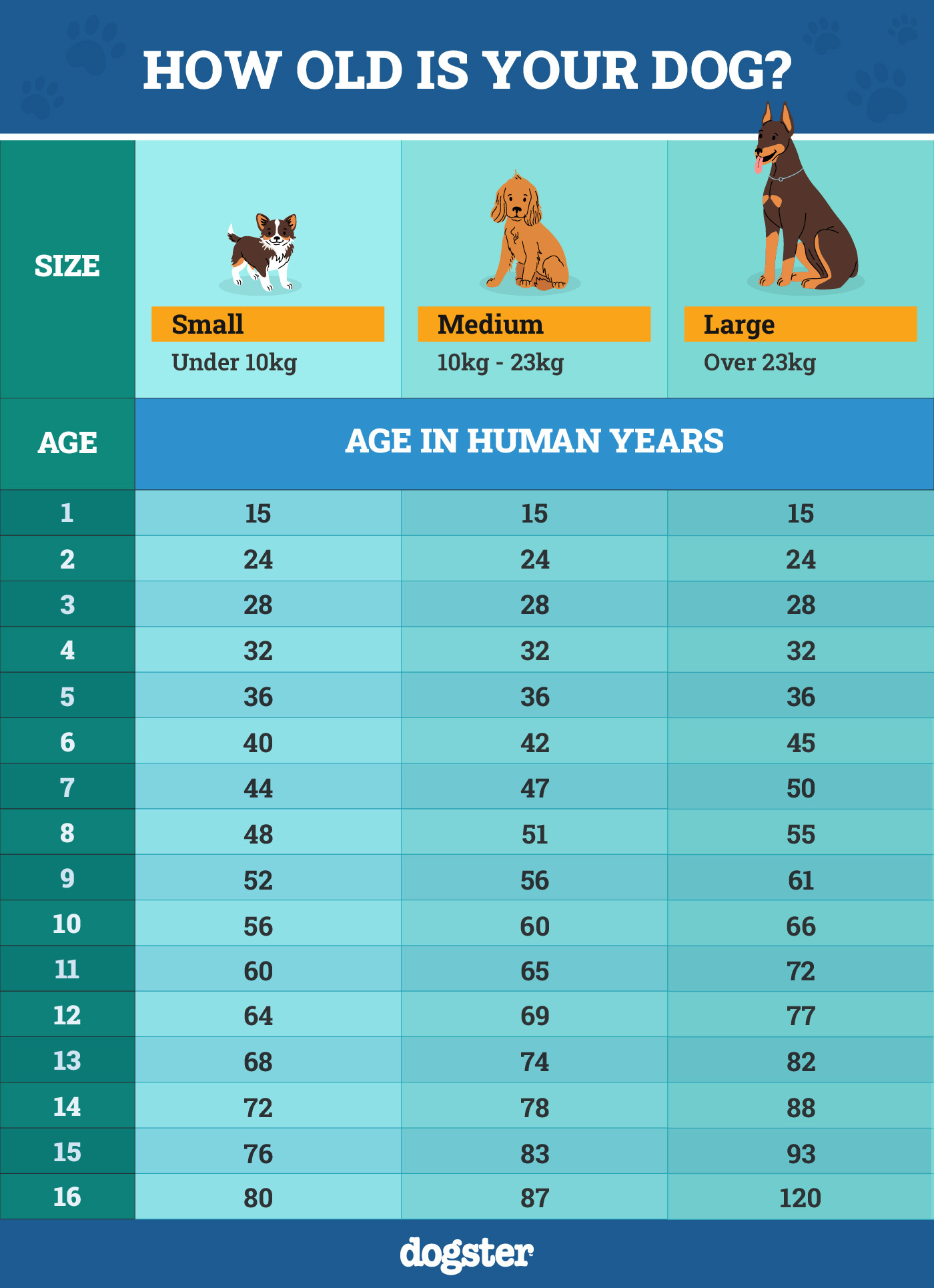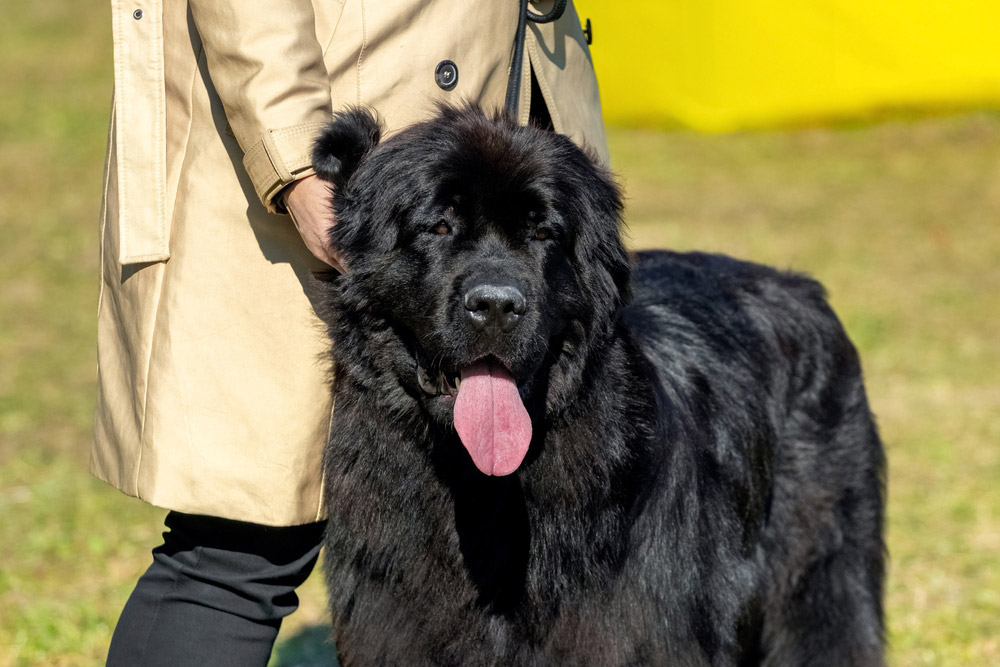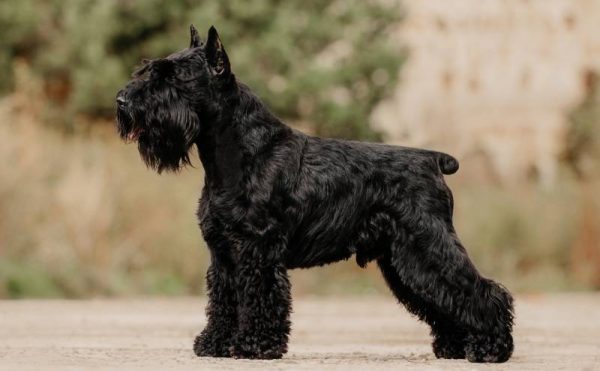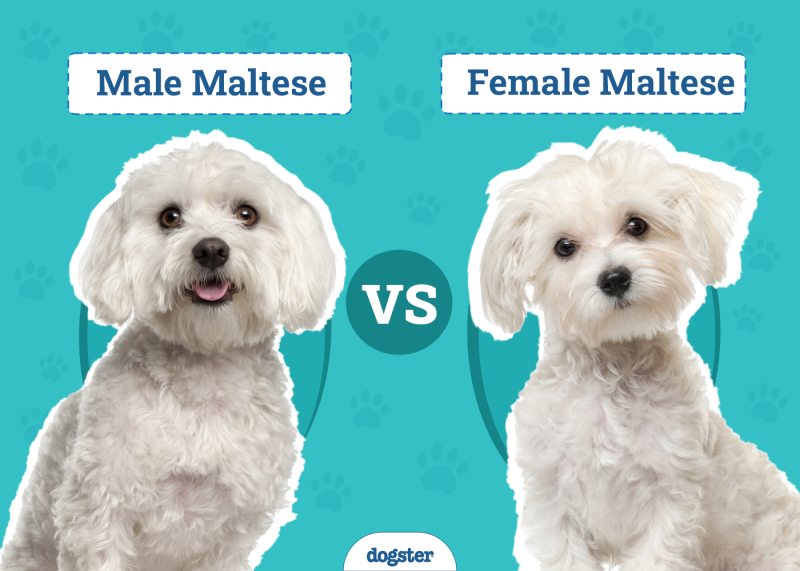In this article
Have you ever wondered how old your dog is in human years? Most people have wondered about this and utilized the standard “one year of a dog’s life equals seven years of a human’s life” to figure it out. However, the age you might’ve come up with using this equation isn’t correct, as this is more of an urban myth than a legitimate way to determine a dog’s age in human years.
So, why has the 7:1 equation been used for so long? One potential explanation for this reasoning, is that when this equation was first popularized, people tended to live to be about 70 years old and dogs to 10 years old. So, they determined that 10 dog years equaled 70 human years, which means one dog year must equal seven human years.
There’s currently a lot more knowledge about how to properly determine a dog’s age in human years, though, which means we now understand that various factors affect this age. What are these factors? Breed, the size of the dog, genetics, and more.
How do you figure out a dog’s age in human years? Well, let’s take a canine who is 6 years old; they would be anywhere from 40 to 49 in human years. Here’s how it all works!

| Size: | Age in Human Years: |
| Small Breed (20 lbs or less): | 40 years |
| Medium Breed (21 to 50 lbs): | 42 years |
| Large Breed (51 to 100 lbs): | 45 years |
| Giant Breed (100+ lbs): | 49 years |
Source: AKC

How to Calculate Dog Years to Human Years
Calculating a dog’s age into human years takes a bit more math than just a 7:1 ratio these days. In an article by the AKC, the American Veterinary Medical Association says that the first year of a canine’s life is equivalent to 12 to 15 human years, while the second year is equivalent to 9 to 10 human years.1 From the third year of a dog’s life, a year is equivalent to approximately 4 to 5 human years. However, these numbers vary because they depend on the dog’s size.

Small Breeds
Small breed dogs live longer than larger breeds, though the reason for this isn’t entirely clear. This means calculating the human age of a small breed pup is a bit different from doing the same for a large breed. For smaller dog breeds, the first year of life equals roughly 15 human years. In their second year of life, they’ll have reached about 24 in human years; in their third year of life, they’ll reach about 28 in human years. So, a 6-year-old small dog would be roughly 40 human years old.
Medium Breeds
Medium breeds will only grow older a bit faster than small breeds, so calculating their age is similar to calculating a small dog’s age. In fact, the first three years of a medium breed’s life also correlate with 15, 24, and 28 in human years. However, once a medium-sized dog reaches about the age of six, they begin aging more quickly, which is why a medium breed would be 42 in human years when they are six in dog years.
Large Breeds
Large breed canines are where things change, as these dogs grow older faster than small and medium-sized dogs. However, they mostly begin aging more quickly once they reach the age of six in dog years, which is why when they’re 6 dog years old, they’re 45 in human years and still relatively close in human age to small and medium breeds.
Giant Breeds
Giant dog breeds age the quickest of all. Oddly, though, they start out younger than their canine counterparts, as the first year of their life is equivalent to 12 human years. At age two, they’ll have reached 22 in human years, but by the time they’re three in dog years, they’ll be about 31 in human years. By the age of 6 dog years, a giant breed dog would be around 49 in human years.

What’s the Science Behind Dog Years vs Human Years?
The science of studying canine aging and how dog years correlate to human years is still unclear, as this area of science isn’t perfect because aging varies from dog to dog. That said, canine gerontology is undoubtedly a growing field and plenty of researchers are making headway toward determining how dogs age and how we can increase their lifespans.
A relatively recent study done in 2019 came up with a more accurate way to determine a canine’s age based on comparing changes to dog and human DNA over time. However, this study only looked at Labrador Retrievers, so whether this formula of determining age can be applied to all canine breeds is still unknown.

The Life Stages of a Dog
Dogs have three main life stages: the puppy stage, adult stage, and senior stage.
Puppy: 0–2 years
This stage can vary in age range by dog, as some breeds take longer to mature than others. Generally, though, puppyhood encompasses the first year or two of a pup’s life. This stage is the most crucial for canines, as it’s when they are being socialized and trained and learning about the world around them.
Adult: 2 years–8 years
Once your dog has reached their full weight and height, they’re officially an adult! Keeping your pet healthy during the adult stage is essential for longevity, so make sure you keep up with all vet appointments and vaccinations.
Senior: 8+ years
Once your canine companion reaches the senior stage, you’ll want to closely monitor their health, as this is when they’ll be more prone to disease and illness.


Life Span by Breed Size
| Size: | Average Life Span: |
| Small Breed (20 lbs or less): | 10–15 years |
| Medium Breed (21 to 50 lbs): | 10–13 years |
| Large Breed (51 to 100 lbs): | 8–12 years |
| Giant Breed (100+ lbs): | 8–10 years |
Source: American Kennel Club

Key Factors That Affect a Dog’s Aging Process
A dog’s genetics, such as what determines their size, play the most significant role in how quickly a dog ages, but other factors can affect this.
What a dog eats and how much they eat can also affect how they age. Like us, canines who consume unhealthy foods with empty calories rather than the nutrients they require or who overeat can develop obesity and other health issues, which will make them age faster. The best diet for a dog will be a nutritionally sound, high-quality dog food that meets all their nutritional needs.
Environmental factors, like an unhealthy home environment or one that doesn’t meet all a dog’s needs, could also make a pup age more quickly.
Overall, though, genetics and size are the most significant factors in how a dog ages.


Conclusion
While the adage “seven years of a human life equals one year of a dog life” may be untrue, you can determine a rough approximation of your pup’s age. How dogs age might still be a mystery, but we’re learning more about it. We do know that canines of different sizes age in varying ways. As such, a small breed who is six in dog years would be about 40 in human years, while a medium breed would be 42 in human years at the same age. Meanwhile, a large breed pup would be about 45 in human years, and a giant breed around 49 in human years at the same age.
Featured Image Credit: ressmaster, Shutterstock





















